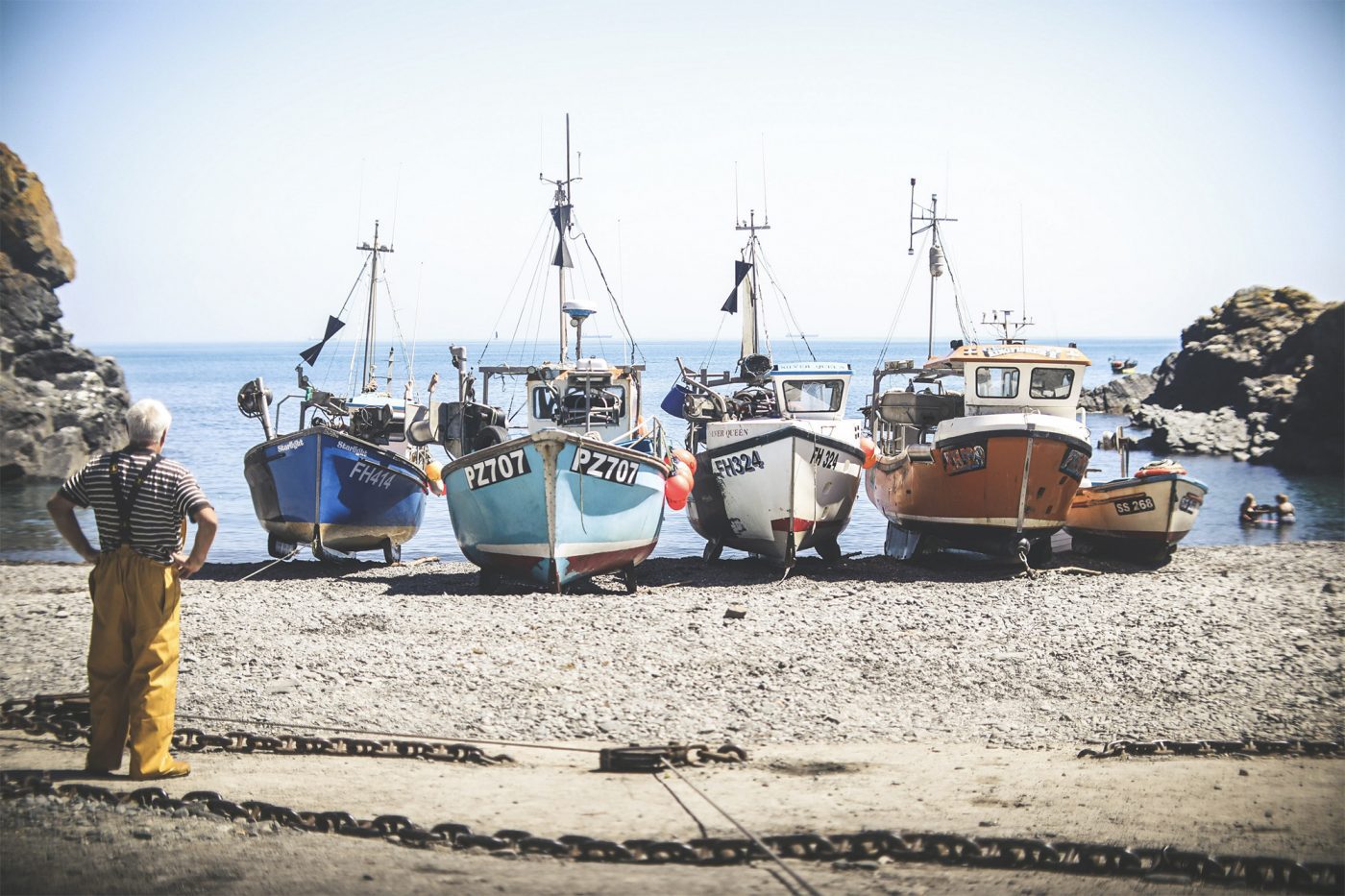3 November 2011
Past NFFO President Sam Lambourn has recently retired as Chairman of the North West Waters Regional Advisory Council in order to devote more of his time to the operation of his fishing vessel, the 12 metre Lyonesse.
At its recent meeting in Dublin, the RAC paid tribute to Sam’s leadership over the first six years of its existence. The General Assembly applauded Sam’ s central role in building the RAC out of a disparate group of sometimes mutually suspicious stakeholders, into the formidable body that it has become, producing considered advice for the Commission, member states and the European Parliament.
“I have been fortunate to be part of this RAC as it has matured into a serious body whose opinions carry significant weight in the corridors of power”, Sam said, after handing the Chair over to the SFF’s Bertie Armstrong.
“Apart from the growth of mutual respect between the fishing interests of the various member states and other stakeholders, it is the strengthening engagement between the RAC and ICES scientists at all levels that has been the RAC’s obvious achievement. Tackling the problem of data-deficiencies that often degrade the quality of stock assessments is now one of the NWWRAC’s principal areas of attention.”
“The vast sea area covered by the NWWRAC (West of Scotland, West of Ireland, Irish Sea, Celtic Sea and the Channel) has undoubtedly posed a challenge but we have found a way to operate and produce advice through a mixture of area and issue focused groups.”
Sam was an obvious candidate for the RAC chair, having performed a similar role in a number of trans-national meetings between French, Spanish, Irish and UK fishing industry representatives in the years leading up to the formation of RACs. But he also sounded a note of caution about the future:
“RACs have exceeded expectations in the way that they have brought stakeholders together and produced high quality evidence-based advice. But it is indisputable that the current over-centralised system of decision-making within the CFP is incapable of making best use of that advice. There is a bottleneck at the centre which will not be removed until there is a transfer of real responsibility to the regional level, whatever legal form that might take.”
“It has also been disappointing that we as a RAC have not been able to devote more time to developing advice on long term multi-annual management plans because we have been forced into fire-fighting on poorly considered proposals such as the 25% TAC reductions for data poor stocks. We only have so much time and if that is spent dealing with immediate threats it cannot be used to work on long term plans that I believe are the future.”
“On the positive side, RACs have laid the foundations for a decentralised CFP in the future. They have shown that regional cooperation on the management of shared stocks can work; that constructive engagement with fisheries science is possible without undermining its impartiality, and above all that it is possible to bring stakeholders’ genuine insights, knowledge and experience to the decision making process. All this is vital as we hopefully move from blanket measures to tailored regional management.”
Sam paid tribute to the efficient and friendly staff of the NWWRAC secretariat, based in Ireland’s BIM, and to the members of the RAC itself who had worked together to make the RAC the force that it has become.
Apart from his work as Chairman of the Cornish Fish Producers Organisation and as a member of the NFFO’s Executive Committee, Sam will now mainly be found fishing for Cornish Sardines – that’s pilchards to you and me.

